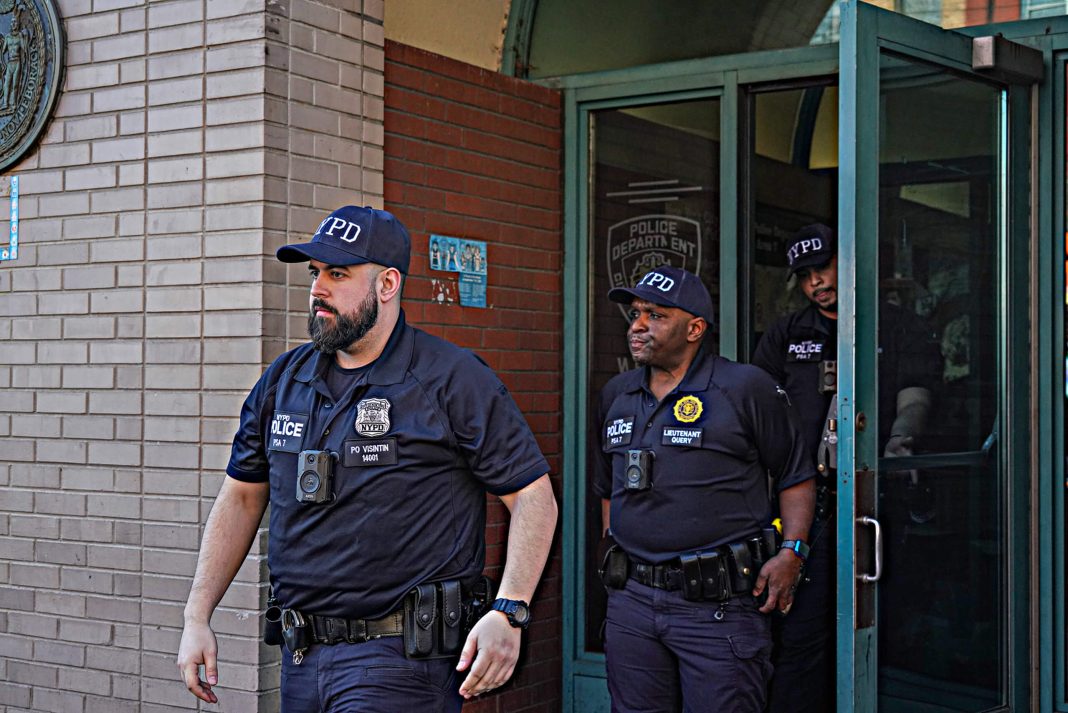 Telstra and Optus have decided to proceed with the shutdown of their 3G services, despite concerns about potential risks to critical infrastructure, medical equipment, and individual customers. Telstra, in particular, has provided customers with five years’ notice regarding the change. While the original deadline for Telstra’s network shutdown was in June, it has now been postponed to August 31, while Optus plans to shut down its 3G network in September. TPG/Vodafone, on the other hand, ended its 3G service in January.
Telstra and Optus have decided to proceed with the shutdown of their 3G services, despite concerns about potential risks to critical infrastructure, medical equipment, and individual customers. Telstra, in particular, has provided customers with five years’ notice regarding the change. While the original deadline for Telstra’s network shutdown was in June, it has now been postponed to August 31, while Optus plans to shut down its 3G network in September. TPG/Vodafone, on the other hand, ended its 3G service in January.
A Senate inquiry examined the potential risks associated with the 3G shutdown and released an interim report on August 1. The report recommended that the federal government urgently meet with the telcos to extend the deadlines for an extensive audit of affected devices. If the telcos reject this recommendation, they may face restrictions on the 3G closure until the Minister for Communications is satisfied with the 4G coverage and a proper audit has been conducted.
The inquiry revealed that many customers may not be aware that their devices rely on 3G. This includes not only mobile phones but also critical medical equipment, fire alarms, EFTPOS machines, and even waste and water infrastructure. When the network shuts down, these devices could be cut off without warning. Optus claims to have sent 3.2 million messages to affected customers, but not all devices are capable of receiving texts. The inquiry estimated that as many as half a million devices could be affected, with approximately 200,000 medical alert devices relying on 3G and requiring upgrading or replacement.
The closure of the 3G network poses significant challenges for many consumers, especially the elderly, who may face unexpected expenses and difficulties in finding alternative devices. One submitter to the inquiry highlighted how elderly Australians used their Home Care package funding to purchase safety and senior-friendly communication devices, such as monitored falls alarms and senior phones. The Royal Flying Doctor Service also expressed concerns about devices beyond just patient devices, including security alarms, road ambulance tracking, and vehicle tracking for clinicians. Other concerns involve phones that are technically on 4G but make emergency calls on 3G due to the lack of Voice over LTE technology. These phones, often purchased overseas or second-hand, may not have been flagged by sellers. An estimated 300,000 such devices are currently in circulation.
Optus executive Andrew Sheridan acknowledged these concerns and stated that the company is working to mitigate public safety risks. They have engaged with businesses that manage devices such as alarms and have committed to providing high levels of support to customers during the 3G switch-off.
The Senate inquiry concluded that if Telstra or Optus do not voluntarily delay the shutdown, regulatory intervention should be used to mandate a delay. Both Telstra and Optus have reassured customers that they have robust communication plans in place and processes to assist customers who have yet to migrate to the new network.
In summary, while Telstra and Optus have chosen to proceed with the shutdown of their 3G services, concerns remain about the potential risks to critical infrastructure, medical equipment, and individual customers. The Senate inquiry has recommended extending the deadlines for an audit of affected devices, and if the telcos do not comply voluntarily, regulatory intervention may be necessary. It is crucial for customers, especially the elderly and those with critical medical devices, to be aware of the impact of the 3G shutdown and take necessary measures to upgrade or replace their devices. Telstra and Optus have stated their commitment to supporting customers during this transition.


